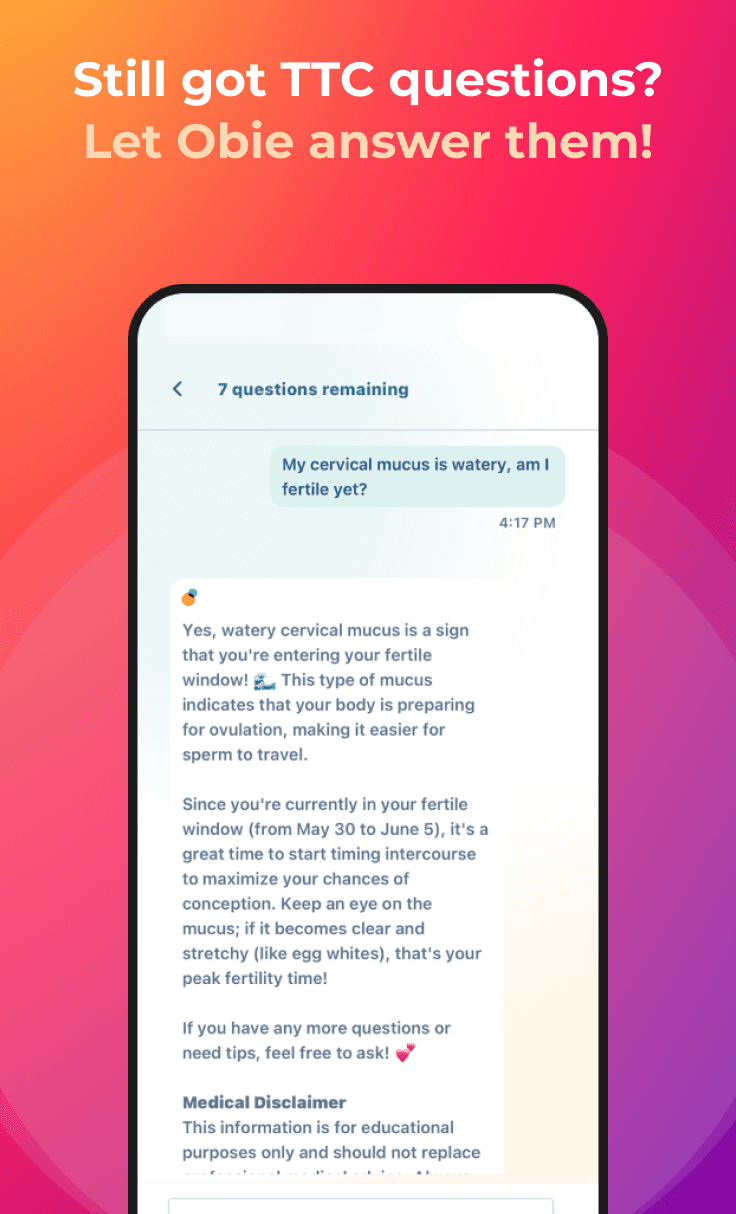High Cholesterol Compromises Male, Female Fertility
Fertility and Infertility News
Obie Editorial Team
- HDL cholesterol — high-density lipoproteins considered the “good” kind
- LDL cholesterol — low-density lipoproteins considered “bad”
- Triglycerides — a component of fats made in the body
For the study’s use, the overall cholesterol count was used, regardless of subtype.
Elevated levels of cholesterol are associated with increased risk of cardiovascular disease but they are also building blocks of vitamin D and of sex hormones, such as estrogen and testosterone. Every cell in the body contains cholesterol made naturally by the body.
All animals make cholesterol and, when an animal-based diet is consumed, dietary cholesterol (from food) adds to the body’s natural cholesterol supply. The body will make the cholesterol it needs to survive but any introduced by diet is excess.
Problems arise when a cholesterol-rich diet is consumed. When cholesterol counts are high, a patient is often advised to eat more plants and fewer animal-based foods such as meats, eggs, milk, cheese, and other dairy products. A plant-based diet minimizes dietary cholesterol in the bloodstream.
Cholesterol’s importance in producing sex hormones led the research team to examine how free cholesterol count might affect fertility. They found direct correlations.
When compared to couples where both the male and female partner had healthy levels of cholesterol, it took:
- Longer to conceive when the female partner had high cholesterol levels.
- Longest to conceive when both partners had elevated cholesterol levels.
- Hispanic men had the highest cholesterol counts of all the demographic subgroups in the study.
Dr. Enrique Schisterman, chief of epidemiology at the NIH, said, “in addition to safeguarding their health, our results suggest that couples wishing to achieve pregnancy would improve their chances by first ensuring that their cholesterol levels are in an acceptable range.”
Source: “NIH study links high cholesterol levels to lower fertility.” National Institutes of Health News & Events. US Department of Health and Human Services. May 16, 2014. Web. Jun 10, 2014.








